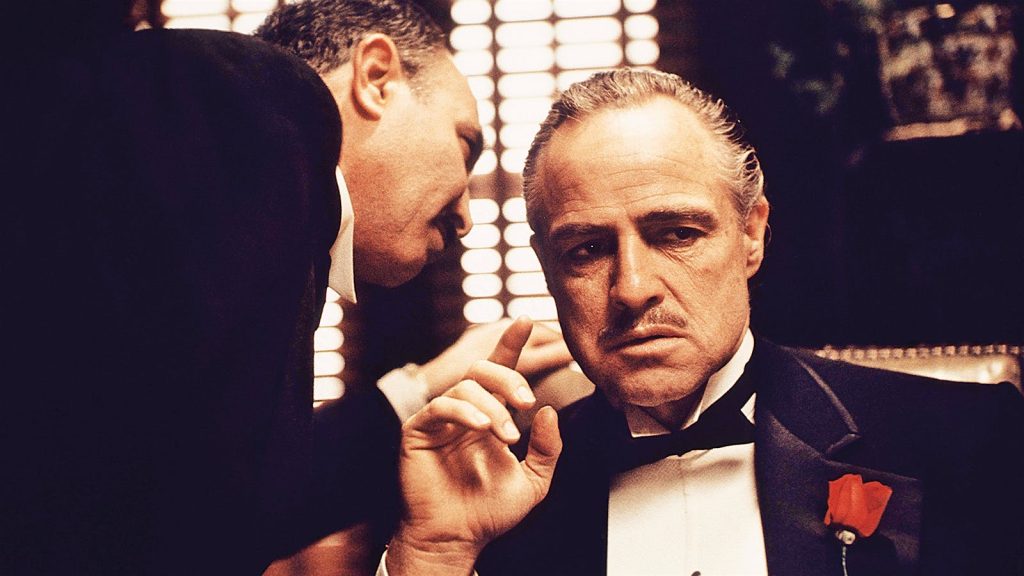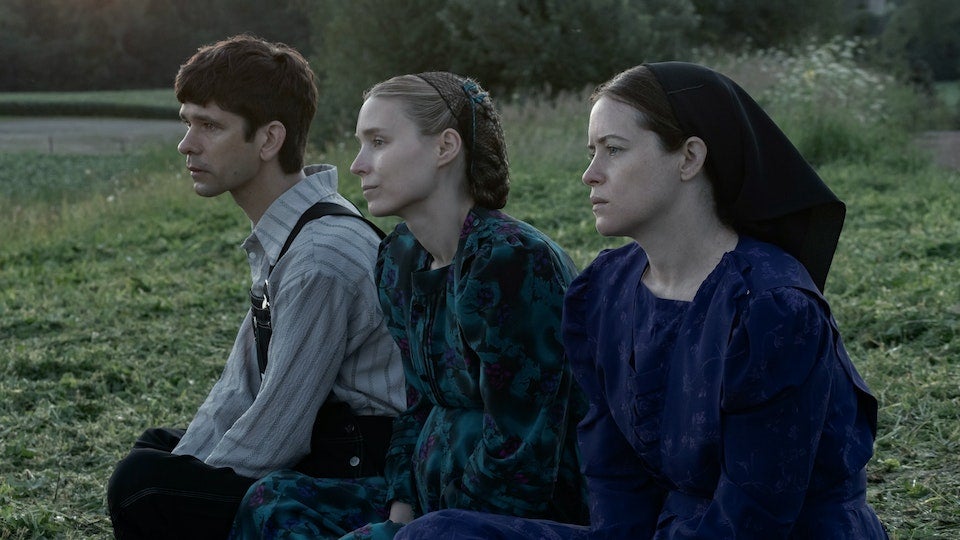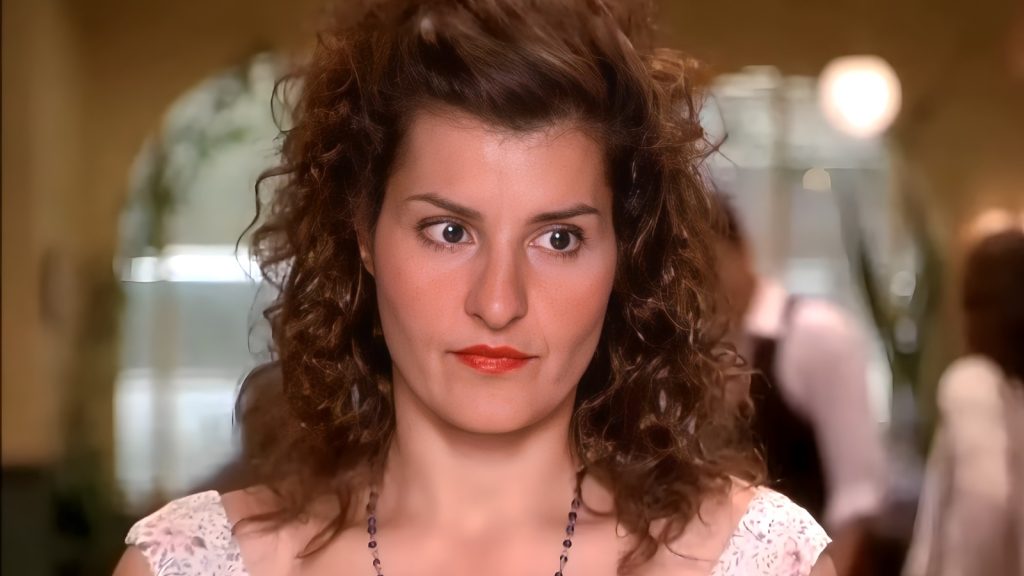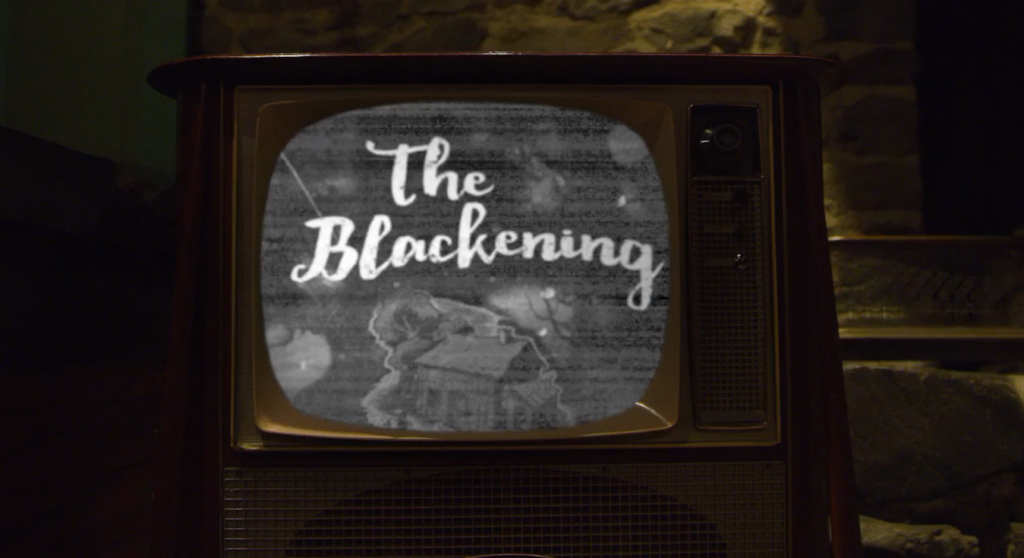Ernest Hemingway, believed in writing first drafts quickly and then revising extensively. Virginia Woolf was known for her stream-of-consciousness narrative technique, while Stephen King allows the story to unfold as he writes. While every writer has their unique style, there are a few best practices that every writer can consider when working on their next masterpiece. This is especially true for screenwriters, who a majority of the time, need to follow a defined structure. But that doesn’t mean there aren’t areas for opportunity, improvement, and imagination.
Screenwriting Tips for Aspiring Filmmakers and Storytellers
From writer’s block to revising a shaky first draft, it can be challenging for aspiring screenwriters to move their work forward. In this post, we’ll share some of our tried and true screenwriting tips for writers, whether you’re refining a script for the tenth time or trying to improve your skillset.
Balance Simplicity with Descriptive Language
It’s important to strive for clarity and choose powerful verbs and descriptive adjectives. You want to create vivid images in the reader’s mind without making your story sound like it was copy-pasted from a thesaurus. By choosing descriptive language that enhances the reader’s understanding without overwhelming them, screenwriters can create a compelling narrative that is both evocative and easy to follow.
Striking this balance enriches the reading experience, allowing directors and actors to envision scenes while seamlessly navigating the story. This is where editing and revising can come in handy.
Challenge Yourself
Challenging yourself as a screenwriter is essential for growth and mastery of your craft. By stepping outside your comfort zone, and experimenting with different genres, styles, and themes, you push the boundaries of your creativity and expand your skills. A great challenge for writers is writing competitions, such as NYC Midnight’s Screenwriting Challenge. Held annually, the competition challenges screenwriters, as they are provided with “a genre, subject, and character assignment.” NYFA alums Lily Malm and Laila Matuk Molina, for instance, were named finalists in Francis Ford Coppola’s Zoetrope Screenplay Competition for their screenplay Scent of Marigold. Their script was selected from nearly 2,000 submissions.
Writers can also challenge themselves with writing prompts. Either way, embracing challenges fosters resilience, adaptability, and a deeper understanding of your strengths and weaknesses as a writer, ultimately leading to more compelling and impactful storytelling.
Write From an Emotional Place
Writing from an emotional place infuses your words with depth, resonating more powerfully with readers. In a podcast with Final Draft, Academy-Award-winning Anatomy of a Fall screenwriter/director Justine Triet advocated for writers to write emotionally, instead of “relying on structure or over-used devices like flashbacks.”
By tapping into your emotions, you can create narratives that forge genuine connections with your audience. Embracing emotion in your writing enriches the storytelling experience, making it more engaging and impactful.
Write the Ending First
Famed Director, producer, and screenwriter Francis Ford Coppola supposedly wrote the ending to his stories first. Responsible for films including Paramount’s The Godfather, The Conversation, and Apocalypse Now, the Oscar-winning filmmaker is famous for his unique approach to filmmaking and legacy for creating compelling movies.

Writing the ending of a film first can provide a clear destination for your story, guiding the narrative toward a specific emotional or thematic resolution. It allows you to establish the desired tone and direction, serving as a beacon to shape the rest of the screenplay or story elements leading up to that pivotal moment. However, it’s essential to remain flexible, as the journey to that ending may evolve during the writing process, potentially leading to unexpected twists or character developments along the way. Image via Vanity Fair.
“Do or do not, there is no try.”
NYFA NY Screenwriting Chair (and self-professed Star Wars fan) Randy Dottin encourages his students to “work hard, play hard.”
“I believe rigor is very very important to creating quality work,” he said in an interview with NYFA.
For aspiring writers, this can mean creating a schedule for your writing, enhancing your skills through workshops and classes, and getting people to read and provide feedback on your work.
Having a schedule as a writer provides structure, discipline, and consistency, which are essential for maintaining productivity and momentum in your writing journey. It also helps you prioritize your writing goals, allocate dedicated time for creative work, and overcome procrastination.
Edit and Revise
Writing is a process. After completing a draft, take time to revise and edit your work. Look for clarity, coherence, grammar, punctuation, and style issues. Consider seeking feedback from peers or mentors. Many famous authors revised some of their most iconic works multiple times before publishing. In an interview with The Paris Review in 1956, Ernest Hemingway revealed that he rewrote the ending to Farewell to Arms 39 times.
“I always rewrite each day up to the point where I stopped,” Hemingway said to interviewer George Plimpton. “When it is all finished, naturally you go over it. You get another chance to correct and rewrite when someone else types it, and you see it clean in type. The last chance is in the proofs. You’re grateful for these different chances.”
Read Your Work Aloud
Reading your work aloud can help you identify awkward phrasing, pacing issues, and grammatical errors that may not be evident when reading silently. It also allows you to gauge the flow of your sentences and the overall rhythm of your writing. If you’re uncomfortable with this, there are also a lot of text-to-speech tools online, such as Speechify, that can do this for you.
Print Your Work Out
Sometimes, viewing your writing from a different medium can help you edit. Instead of always reading from a screen, try printing out a few pages of your script. Take a red pen to it. You may be surprised at the difference between the screen and the page.
Stay Inspired and Find Joy in Your Work
When you enjoy what you’re writing, it becomes a fulfilling experience, fueling your dedication to your craft. At NYFA, an essential part of the writing process is finding that joy and using it to maintain motivation and creativity throughout the writing process. Nunzio DeFilippis, NYFA Los Angeles Screenwriting Chair, described the importance of tapping into this energy.
“My teaching style is to make sure they (students) stay happy with what they are writing while stressing to them that it is okay to change your idea,” Nunzio shared in an interview with NYFA. “You just need to change it in ways that allow you to find new joy in it.”
Experiment with Different Genres and Mediums
As a writer, it can be good to mix things up and refresh your creative voice. For instance, taking a comedy writing class can teach you how to add humor to scripts and stories, and punch up your plot. This can be essential for character-driven narrative writing and can help you navigate cliches in your work. Alternatively, a specialized course such as a comic book writing workshop, can enable you to explore a new medium. Anything that gets you out of your comfort zone can be a great way to reconnect as a screenwriter and strengthen your skills.
Brush Up on the Filmmaking Process
As a screenwriter, it can be helpful to have a basic understanding of the filmmaking process. Sarah Polley, winner of the 2023 Oscar for Best Adapted Screenplay for Women Talking, spoke with Vanity Fair about how her experience in acting made her a better storyteller. Polley, who also writes novels and essays, also explains the difference between writing for page versus screen, and how she approaches writing a story.

“I’m really fascinated by the order in which you give information and the way that new information sheds light on a previous story,” Polley says. “With my documentary Stories We Tell, I asked what would happen if you told a story like peeling an onion: what were those layers and what order they were in.” Image via NPR.
Read (and Watch) Often
Writers from William Faulkner to Annie Proulx have advised aspiring writers to read often. Reading often as a writer exposes you to diverse writing styles, genres, and perspectives, inspiring new ideas. It helps you understand narrative structures and character development, allowing you to refine your writing skills. Frequent reading also enhances your vocabulary, improves your critical thinking abilities, and cultivates a deeper appreciation for the craft of writing.
For screenwriters, this extends to watching film and television. Watch the kind of movies and TV shows that you want to make, on the streaming services, channels, and production companies that you hope to work with in the future. Barry Jenkins, the director and co-writer (with Tarell Alvin McCraney) of the Oscar-winning film Moonlight, credited his history watching everything from French wave films to Die Hard for his passion for filmmaking.
Write the Characters You Want to See
NYFA Guest Speaker, screenwriter, director, and actress Nia Vardalos famously wrote her own starring role into existence with My Big Fat Greek Wedding. After having difficulty fitting into Hollywood, Vardalos created a one-woman show centered around her Greek heritage. She advertised the show in the newspaper, which actress, director, and producer Rita Wilson saw, leading to Wilson and her husband Tom Hanks producing Vardalos’s film.

Writing the characters you want to see allows you to contribute to greater representation and diversity. By crafting characters that resonate with you personally, you can foster inclusivity and a sense of belonging for readers who have long yearned to see themselves reflected in stories. Image via Looper.
Write What You Know
This may be one of the more tired screenwriting tips, but it’s still effective – at least, it was for NYFA Screenwriting alum Mohammed Diab. Diab, who visited NYFA’s Los Angeles campus, remembered the advice that the Senior Director of NYFA’s Film Festival Department, Crickett Rumley, gave him during a Q&A with students.
“It wasn’t just my small experience of what I did to join [NYFA], but I felt like it was about who I am–understanding who you are,” Diab shared. “That’s the most important lesson I want to tell you guys. The line to make a film is so long, but to your own experience–who you are–your own voice isn’t long.”
Diab went on to make and direct films and television shows such as Clash (2016), Amira (2021), and Disney’s popular series Moon Knight (2022), starring Oscar Issac and Ethan Hawke, as well as the upcoming action film Leap.
Overcome Your Imposter Syndrome
If you’ve been through all of the steps above, but still feel like your work isn’t good enough, you may be experiencing imposter syndrome. Imposter syndrome, or essentially not having enough confidence in your abilities, happens to even the most talented visual storytellers. While your script may need more work, sometimes, you need to move forward and fake it (confidence) until you make it.

NYFA alum Tracy Oliver, who directed and wrote films and projects such as Amazon Prime’s Harlem and The Blackening, could have easily given up when questioned about her interest in writing scary movies. “Do Black women watch horror movies?” she recalled an executive saying after passing on The Blackening. Instead, Oliver forged forward and brought her idea to fruition. Image via Bloody Disgusting.
Take Your Script to the Next Level at NYFA
The best way to feel confident in your skills and scripts is to workshop your material. Whether you’re looking to revise your dream project or you’re looking to build on your natural writing talents, NYFA offers a range of hands-on in-person and online degrees, one and two-year conservatory programs, and workshops in screenwriting.
Ready to get started? Explore our Screenwriting School at NYFA Los Angeles and New York today!